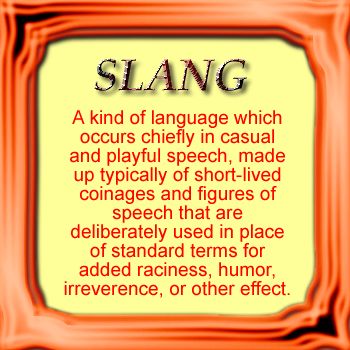2. Words which are only used in Australia!
As you can see in the examples from the video, there are different relative pronouns (in topic one we saw the most frequently used ones: who and which), but there are more. The relative pronoun needed to use relative clauses depend on the noun they modify. Have a look at the following chart with the relative pronouns used in defining relative clauses.
| Function/Antecedent | people | things / animals | place | time | reason |
| Subject | who / that | which / that | |||
| Object |
who /whom / Ø | which / that / Ø | where | when | why |
| Possessive | whose | whose |
Note: ø = no pronoun is needed. Look at this example:
They gave me the help Ø I needed = They gave me the help which/that I needed.
As you can see, the antecedent (help) is the object (complemento directo in Spanish) of the verb needed. In this situation it is very common to omit the relative pronoun.
Since Paco arrived in Sydney he has noticed English is a bit different. He finds it more difficult to understand everything. One of the reasons why this is so is that there are a lot of slang words which are only used in Australia. Let's have a look at the following examples:
 |
| Elaboración propia |
Battler: someone who works hard but only makes living.
Joey: a kangaroo which is still a baby.
Captain Cook: noun which Australians use to replace "look" in the English expression "Let's have a look": "Let's have a Captain Cook".
Cubby house: small, usually timber, house in the garden where children usually play.
Long paddock: the side of the road where livestock is grazed during droughts.
Surfies: people who go surfing - usually more often than they go to work!
Roadie: a beer that you buy to take away with you.
Damper: bread whose ingredients are flour and water.
Which sentences are correct?
1. There is something important about Australia. Paco should know it.
a. There's something that Paco should know about Australia.
| |
b. There is something Paco should know about Australia.
| |
c. There is something who Paco should know about Australia.
| |
d. There is something which Paco should know about Australia.
| |
a. That is the man which found the wallet on the floor.
| |
b. That is the man who found the wallet on the floor.
| |
c. That is the man that found the wallet on the floor.
| |
d. That is the man found the wallet on the floor.
| |
a. There was a nice video about Australia whom Paco saw in the hotel.
| |
b. There was a nice video about Australia which Paco saw in the hotel.
| |
c. There was a nice video about Australia Paco saw in the hotel.
| |
d. There was a nice video about Australia that Paco saw in the hotel.
| |